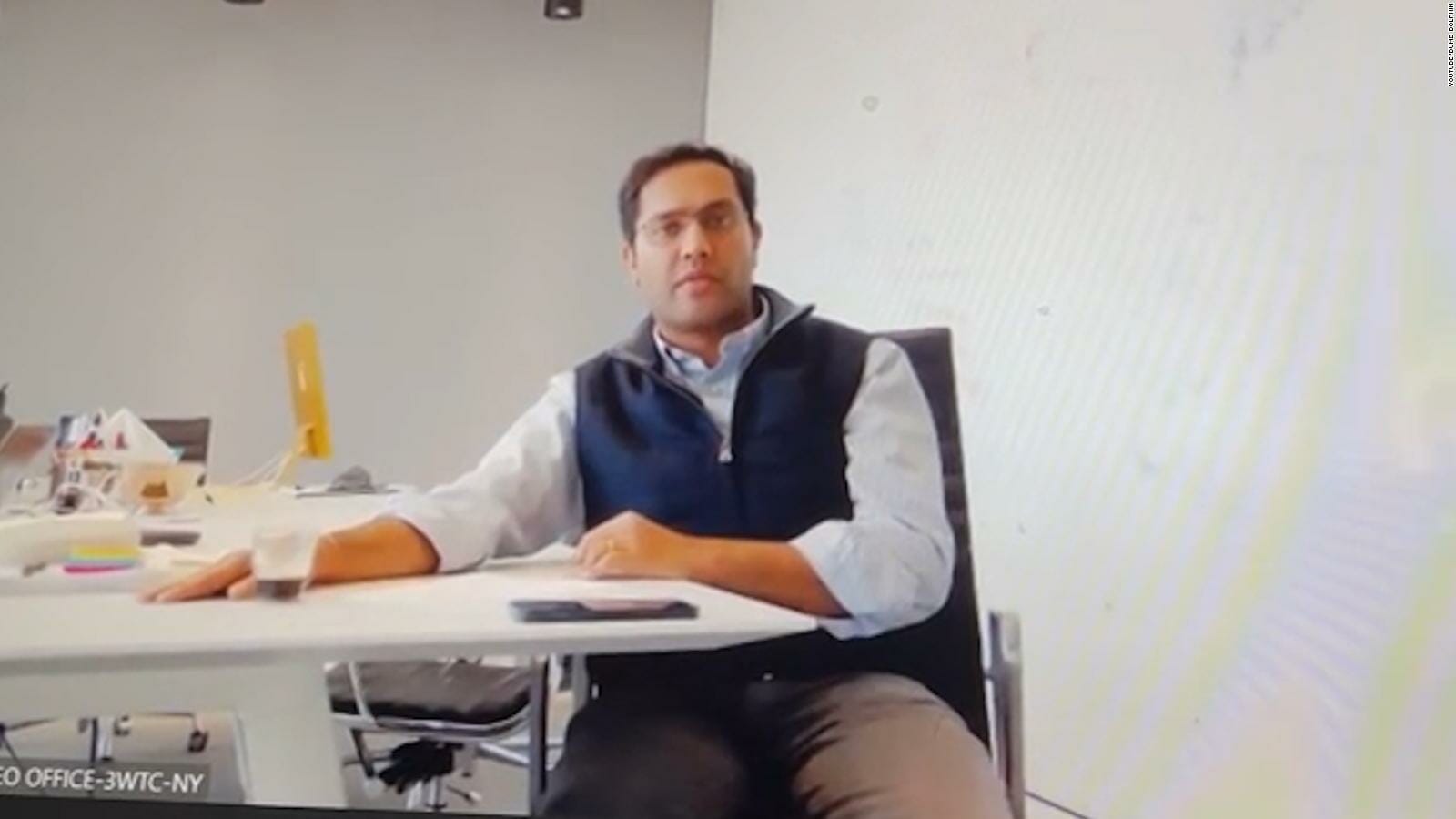The Ugly Truth
I’m sure you’ve heard about the CEO from Better.com who recently laid off 900 of his employees over a Zoom call. Sure, he came forth to apologize eventually, but a late apology often seems as empty as the cold delivery that started it all. I mean 900 employees, wow! If you haven’t yet read the recent updates, company executives also resigned following the chaos. What a terrible way for an organization to crumble. And all for the sake of not having a caring leadership mindset.
Back in 2014, I had a personal layoff experience. I am blessed to say the company I worked for at the time handled it with dignity and made my family, and I feel cared for through the process. They did it with kindness, which set the pace for everything that came along thereafter. I was able to handle my layoff without depression or prolonged anxiety about what would come next. You can read my full story in this article.
But it’s all too often we see that isn’t the case with most layoffs. They may be unfortunate events, but when an organization is ready for the unexpected, such as the Coronavirus, they will take the brunt of the suffering and not lay that onto their employees.
Unfortunately, many employees aren’t taken care of or valued for the time they’ve put into their position. So in light of a layoff, they look to their managers or HR and often don’t receive the correct answers. Instead, they’re told one thing and maybe a few days later, told something entirely different. It can be a frustrating, difficult, life-altering event to navigate that is avoidable if there is structure in place to provide families with support in these circumstances if it’s ever needed.
Dignifying the Decision
I think everyone would agree that laying an individual off from their position isn’t something that comes easy. If you’ve ever been put in that situation before, the stress and emotional anxiety that hangs on your shoulders can get overwhelming. Similar to the stress and anxiety that begins to spiral if you’re the one being laid off.
- How will they survive without their salary?
- Can their partner support them while they find a new job? What if they’re the sole provider?
- What will happen with their insurance?
- How will they pay for childcare?
The list of anxieties goes on and on. Though the situation from both sides may not be ideal, there’s a way to make it dignified on both fronts. So how can you be a caring leader through something like this? It’s important to be transparent and upfront, but in a caring, genuine way. I talk about this in a recent podcast that you can listen to here.
Things to Consider
Be kind about it. You shouldn’t say things like, “If you’re on this Zoom call, you’re one of the unlucky few being laid off,” as the Better.com CEO did. That’s certainly not caring. As I’ve said before, it’s just as important to be a servant leader during layoffs and furloughing as it is through a regular workweek. After the initial shock has worn off, find ways to help make the transition easier.
Be of service to those going through this tough time. My previous HR went above and beyond to ensure my family was insured during my layoff until we could make the necessary changes. This was something that definitely was not expected.
Be involved. Check-in with those affected and make sure everything is going as well as it can during this time. If you had promised anyone information that you didn’t necessarily have the answer to when the news was originally delivered, be sure you do your due diligence to follow up and provide those answers.
Be open to additional communication. There will be a lot of questions that will be thrown at you as the layoffs or furloughing take place. Leading with openness and willingness to communicate as much as you can for those with a lengthy list of questions will make your team feel much more supported.
Leading with Dignity
Layoffs and furloughing will always be unfortunate, and many times unavoidable, circumstances. Knowing the best ways to demonstrate caring leadership and soften the blow to those afflicted will speak volumes about your character. The way you lead with heart and present solutions to these individuals will become a direct reflection of your organization. We all remember how we felt at each place we worked. At the end of the day, employees just want to feel that the time and effort they put into their job was worthwhile. This will be a time to show them they are valued and appreciated. If you can manage to leave them with their dignity when they walk out the door, they will remember you more fondly.




